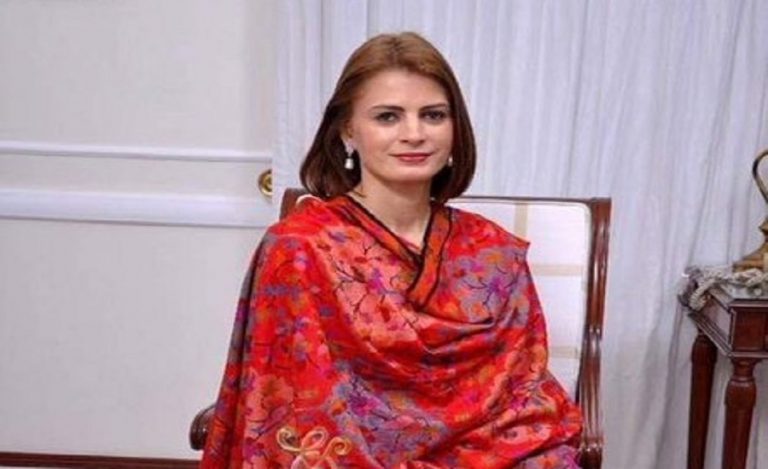
One of the three Supreme Court judges hearing the plea against former Jammu and Kashmir chief minister Omar Abdullah’s detention recused from the case on Wednesday. Justice Mohan M Shantanagoudar announced his decision to step back from the case as soon as the bench took up the petition filed by Omar Abdullah’s sister Sara Abdullah Pilot.
“I will not be part of this (matter)”, Justice Shantanagoudar said. The judge did not elaborate. The other judges on the bench today were justices NV Ramana and Sanjiv Khanna.
Justice Shantanagoudar’s decision led the top court to defer the hearing on Sara Abdullah Pilot’s petition. A new bench will be constituted to take up the case on Friday.
Omar Abdullah, who has been in custody for six months, was detained hours before the Centre approached Parliament on August 5 last year to scrap Article 370 of the Constitution that granted special status to the erstwhile state, now split into two union territories.
As he completed six months in custody, the government ordered his continued detention under the Public Safety Act that empowers authorities to hold any person for two more years.
His sister rushed to the Supreme Court against the detention order that she claimed was illegal and filed a Habeas Corpus petition. She argued that Omar Abdullah was a votary of peace and there was overwhelming evidence in the form of tweets and public statements to prove the same.
Sara Abdullah Pilot also extensively quoted from the government’s dossier on the former chief minister that formed part of the material which formed the administration’s decision to issue the detention order.
The reports on the contents of the police dossier on Abdullah have invited sharp political criticism.
Omar Abdullah’s sister has pointed to portions that cited Abdullah’s political influence even during the peak of militancy to support his detention under PSA.
In her petition, Pilot said: “That the dossier states that the capacity of the subject (detenu) to influence people for any cause ‘could be gauged from the fact that he was able to convince the electorate to come out and vote in huge numbers even during peak militancy and poll boycotts’. In other words, the detenu is accused of convincing people to participate in elections in huge numbers and exercise their democratic right to vote despite threats from militants.”